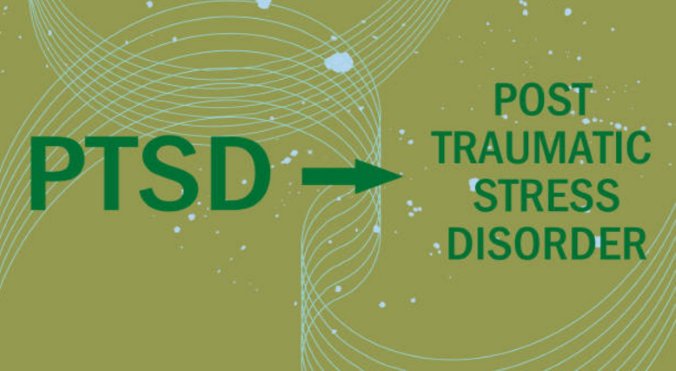Back in April, lawmakers in Colorado passed Senate Bill 17, adding post-traumatic stress disorder (PTSD) to the list of medical conditions covered by the state’s medical marijuana law. With Governor John Hickenlooper signing the Bill yesterday, PTSD sufferers can finally breathe a sigh of relief.
Cannabis and PTSD
PTSD affects an estimated eight million Americans annually. It is an anxiety disorder that disproportionately affects military combat veterans, police officers, firefighters, medical first responders, and victims of violent crimes.
Existing treatments for PTSD, including pharmaceuticals and psychotherapy, typically have mixed results. PTSD sufferers are at high risk for addiction to opioids and other prescription drugs. Research has shown that medical marijuana may provide a safer and more effective alternative treatment option for many patients.
A Long Road to Victory
The inclusion of PTSD among the state’s qualifying conditions has long been a point of contention among military veterans. Advocacy groups have been pushing to have the disease included among the list of qualifying conditions in Colorado ever since the state’s MMJ law first went into effect sixteen years ago.
For such a progressive state, one that was the first to legalize the recreational use of marijuana, Colorado has been strangely reticent to add new medical conditions to its MMJ program. Colorado is the only state that has previously formally denied a request to add PTSD to its list of approved conditions. And Colorado has steadfastly refused to add any new qualifying conditions to its MMJ program since it first launched back in 2001.
PTSD is the first “psychological condition” to be included, joining HIV/AIDS, cancer, cachexia, glaucoma, severe nausea, chronic pain, persistent muscle spasms, and seizures on the list of approved conditions.
Program Requirements
As with other qualified medical conditions under the program, a patient must undergo a complete physical examination conducted by a licensed physician. The process also entails a full assessment of a patient’s medical history — including a review of any previous or current diagnoses for a debilitating or disabling medical condition. If the patient passes the evaluation, they can apply for a patient registry identification card.
Approved patients are required to work with a licensed physician who will provide ongoing follow-up care with the patient to determine the effectiveness of the cannabis treatment.
As for patients who are under the age of 18, they will need the approval of two board-certified physicians, one of whom must be a pediatrician and the other of which must be a family doctor or child psychiatrist. Furthermore, children will need the permission of their parents or legal guardians to use medical cannabis, and this consent must be provided in writing to the Colorado Department of Public Health.
Program Benefits
Previously, many people with PTSD procured their marijuana from the recreational market. However, accessing cannabis through the state’s medical marijuana program provides several significant advantages.
For one, consumers in the recreational market are allowed to possess a maximum of one ounce of marijuana. Participants in the medical program, are permitted to possess up to two ounces of cannabis.
Secondly, medical marijuana is taxed at a significantly lower rate, providing a substantial cost benefit to medical users.
Most importantly, many recreational stores do not carry the types of products that are most beneficial to PTSD sufferers, namely strains and products that are high in cannabidiol. The ability to access cannabis products from medical use stores will allow these patients to source products that are more likely to help them.
If it weren’t for the substantial lobbying efforts of the veteran community, the passage of this legislation would never have been possible. Finally, military veterans and others suffering from this debilitating condition have the justice they have long sought.

